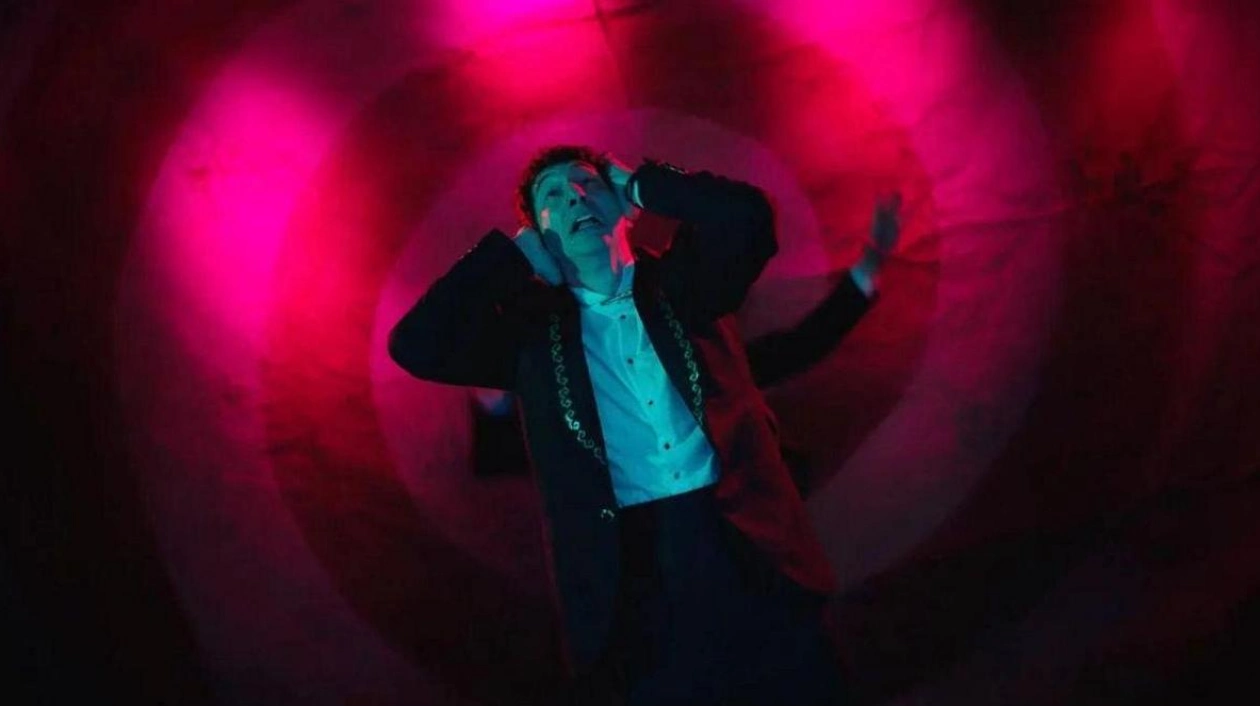The lead up to Megalopolis’ Cannes premiere this year was far from smooth, with one controversy after another. Coppola’s long-gestating and self-financed $120 million project faced reports of inappropriate on-set behavior, and the aftermath of mixed reviews didn’t improve matters. Described as ‘blitheringly stupid,’ the film’s trailer was pulled after using damning reviews of the filmmaker’s earlier movies—all of which turned out to be fake and AI-generated. The director’s four-decade journey to bring Megalopolis to the screen has been a chaotic mess, fittingly mirroring the film’s own disarray.
Megalopolis begins its theatrical release following festival appearances in Canada and the US. Whether you choose to watch it depends on your tolerance for cinematic masochism and whether you trust the director’s unbiased assessment on Letterboxd, where he recently gave the film a perfect score. Summarizing the film’s plot is challenging, as the incoherent storyline of this insane baroque fever dream, billed as a “Roman epic” and “A Fable,” defies description.
Set in a decadent metropolis called New Rome, formerly New York, the film features a party indicative of the city’s decadence, including the presence of lesbians. The newly appointed Mayor Cicero (Giancarlo Esposito) is locked in a bitter rivalry with architect Cesar Catalina (Adam Driver), the visionary head of the city’s Design Authority division. Catalina has the unexplained ability to stop time and has created a Nobel Prize-winning material called Megalon to revitalize New Rome’s infrastructure, much to Cicero’s chagrin. Catalina’s affair with shock journalist Wow Platinum (Aubrey Plaza) adds another layer to the convoluted plot.
The narrative becomes even more tangled when Catalina falls for Cicero’s daughter Julia, played by Nathalie Emmanuel. The film’s chaotic mix of heteroclitic strands defies basic storytelling and dramatic coherence, resembling Cloud Atlas by way of Southland Tales. There’s a Taylor Swift avatar named Vesta Sweetwater who performs a song about her pledge to remain virginal until marriage, while Clodio (Shia LaBeouf) schemes to inherit his grandfather’s empire and take over the city.
Narrated sporadically by Laurence Fishburne, the film’s pretentious dialogue quotes Shakespeare, Petrarch, and Marcus Aurelius, aiming to be a modern re-imagining of a Roman tragedy. The leaden script spouts bland truisms about time and utopias, delivered with the earnestness of a teenager who’s just smoked a bad batch of marijuana. Despite its flaws, the film has a few highlights, such as Jon Voight’s Crassus calling Aubrey Plaza’s Wow Platinum a “Wall Street slut” before shooting an arrow at her.
The inclusion of a tree sculpted swastika, a montage featuring Hitler, Mussolini, and 9/11, and a Soviet satellite plot point that’s mentioned and then forgotten, add to the film’s muddled narrative. The Brechtian happening during the Cannes premiere, where a live actor interacted with the film for less than two minutes, was an unintentionally funny but pointless gimmick.
While Megalopolis sounds insane enough to border on genius, it’s not a future classic. Coppola’s high-concept allegory on Art in the future may gain some goodwill for its sincerity, but the director’s ambitious attempt falls short. The axed trailer featuring fabricated quotes suggests that genius is often misunderstood, but sometimes there are no misunderstandings—just embarrassments. Megalopolis premiered in Competition at the Cannes Film Festival and hits theatres across Europe next week.






